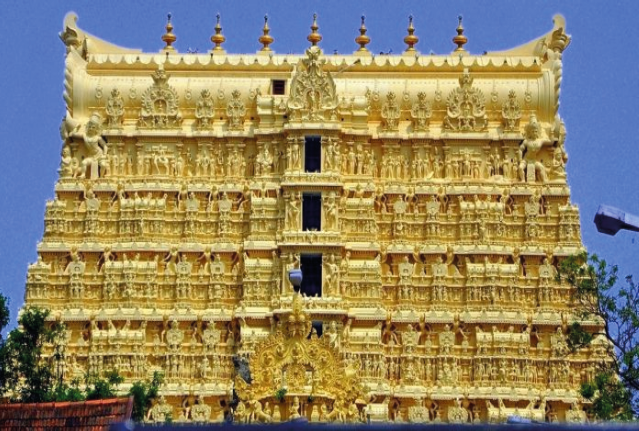
India’s Attempt to Provide Elbow Room to Discuss “Protection & Restitution of Cultural Property” Covers a lot of Ground

The year 2023 has given an opportunity to India in providing a platform for different nations to come together and have a dialogue for resolving key issues which are having to exacerbate negative impacts on mankind and which need a firm resolution to resolve.
As India is holding the G20 Presidency, the Cultural Working Group (CWG) initiated a dialogue on the “Protection & Restitution of Cultural Property” on 28th March as a part of a set of four Global Thematic Webinars, three of which are set to be scheduled on 13th, 19th and 20th of this month.
Cultural property which includes both tangible and intangible heritage is the reflection of centuries of intermingling between humans and their environment and these reflect the nation’s glorious past. Its protection from looting and destruction (which are caused by natural and man-made disasters) is conceived as something very much necessary for the maintenance of human civilization and for preserving the collective memories of the people of a community to whom the property belongs. Protection and Restitution of cultural property have been in vogue for the last many years thanks to organizations like UNESCO, ICOM, etc.

The 1970 UNESCO Convention is considered the first instrument prohibiting the illicit trafficking of cultural property. The illicit trafficking of tangible cultural heritage has been a bigger problem for countries having colonial history. Countries of Asia and Africa have come out of the blanket of colonial regimes however illegal trafficking of their respective cultural property is still prevailing due to natural and man-made disasters. India’s attempt to emphasize this issue at G20 under its presidency can have some serious positive implications,
- PROMOTING AWARENESS
It can help in generating awareness among masses of different nations regarding their lost cultural heritage which is lying in foreign museums. The government of India can use platforms like Distance learning tools to create courses that can help people know the issue of restitution and illicit trafficking. - INITIATE PROVENANCE RESEARCH
Such discussions can boost respective governments to collaborate and initiate studies in provenance research. As highlighted by eminent Indian Art Historian and Museologist Jyotindra Jain during the webinar that there is a dire need to compile an inventory by the Indian museums to know how many of the artifacts are lying in foreign museums. - COMBAT TERRORIST FINANCING
Bringing the illicit trafficking of cultural property under the helm can also help in combating terrorist financing which the UNSC resolutions like 2199(2015), 2253(2015), and 2347(2017) have shown the nexus existing between terrorism and illegal trafficking of cultural property. - BOOSTING MUSEUM CULTURE
Developing countries like India which have thousands of years old heritage have a lot of scopes to come up with museums that can not only help in generating tourism revenue but also can help in creating awareness among the young generation regarding their diverse historical background. Museums can also help boost scientific temper among school-going kids. - OPPORTUNITY FOR INDIA TO TAKE UP LEADERSHIP
India is vocal about the ‘Global South Countries’ and its problems. These countries have faced the colonial past and many of them have been exposed to the illicit trafficking of cultural property like Egypt, for example, has faced this problem, and thus India can help to raise voices to solve the problems hindering the repatriation of cultural artifacts. India has also set an example by returning the relics of Queen St Ketevan to Georgia in 2021 which were lying in Goa since the 17th century. Thus India promoted a healthy and ethical attitude.

The Cultural Working Group (CWG) also came up with a document that briefly explains the illicit trafficking of cultural property and its restitution. It highlights the debate involved in restitution like Neil McGregor’s advocacy of the Universal Heritage Museum and its critics. The document throws light on several declarations made by UNESCO and the recent MONDIACULT declaration of 2022.








